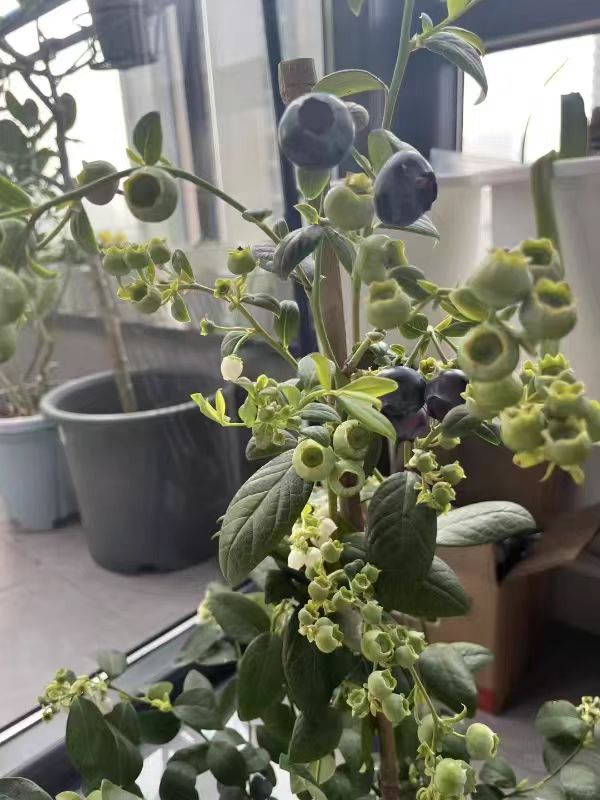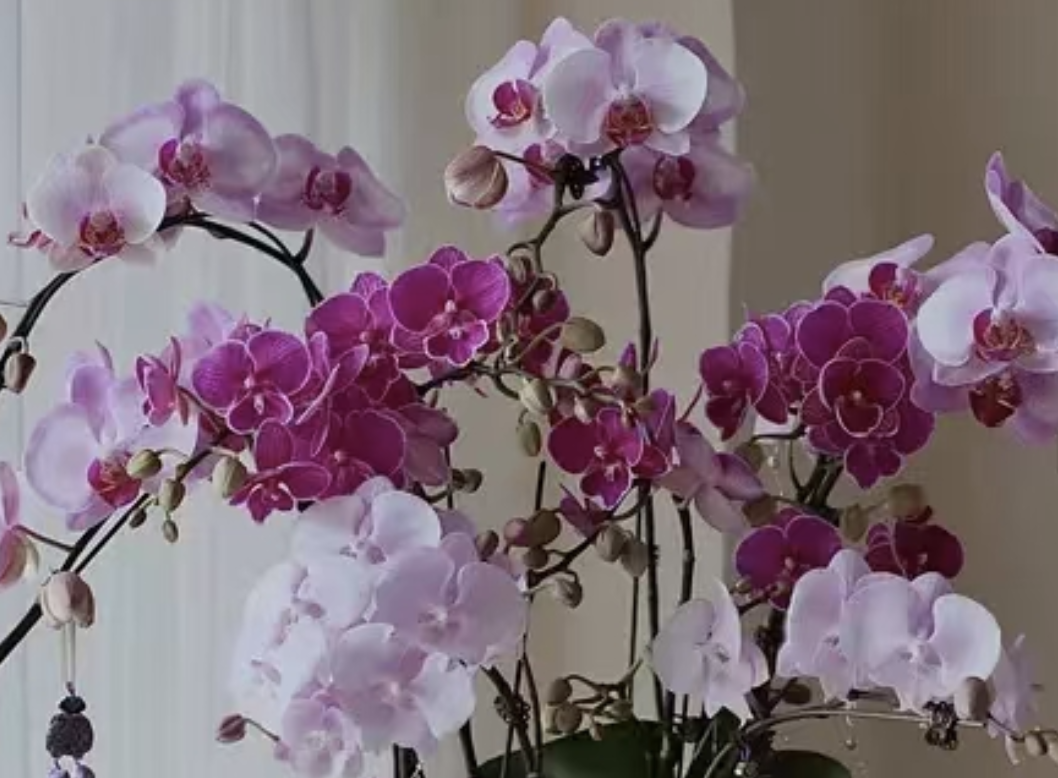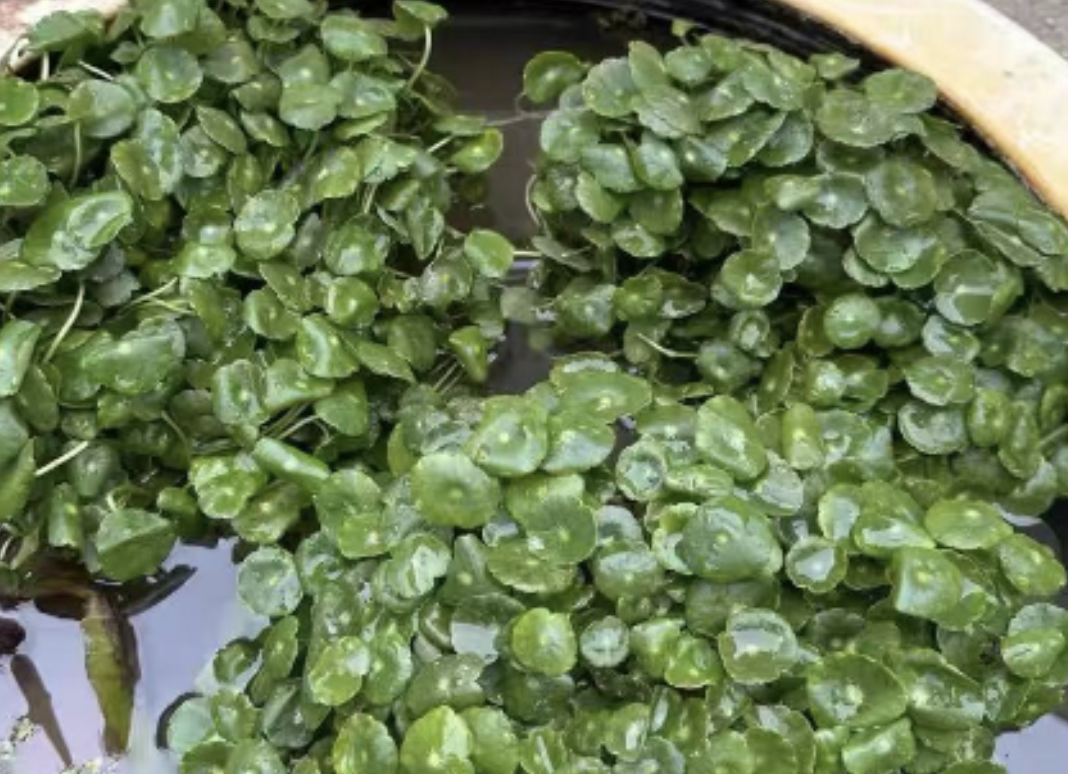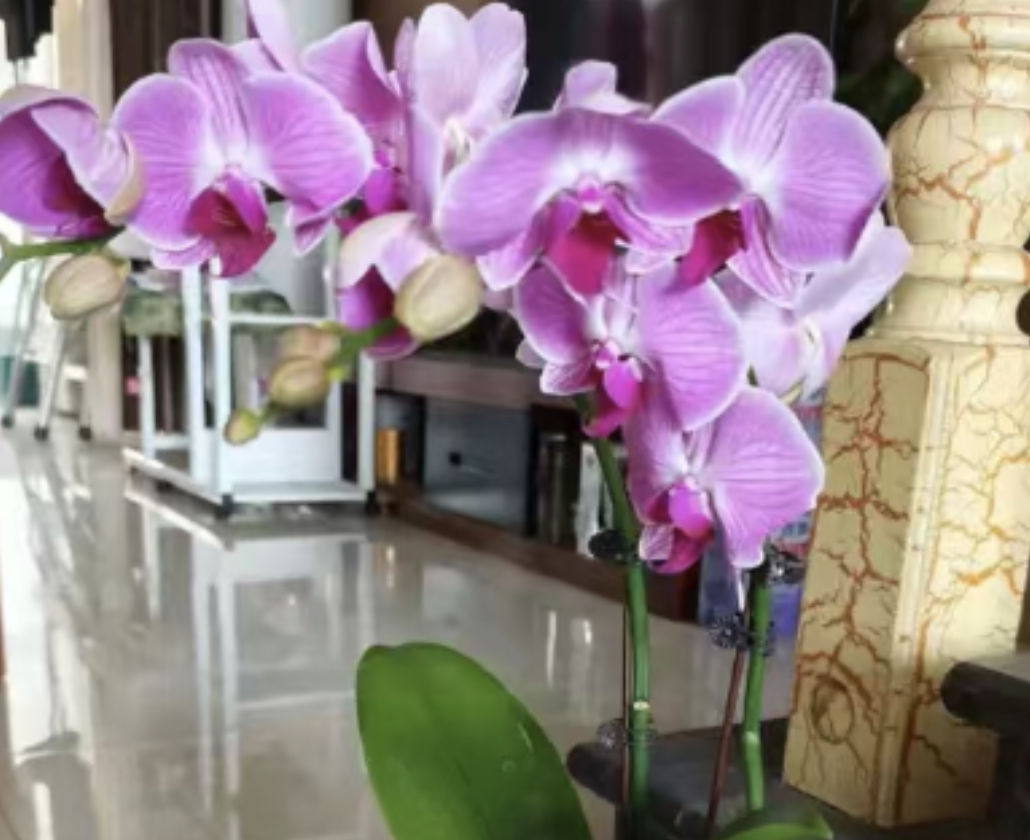Many friends whose balconies don't get enough sunlight often worry about not being able to grow fruits. In fact, as long as you choose the right varieties and master the methods, even if there is only a short duration of direct sunlight each day or only soft diffused light, you can still harvest delicious fruits on your balcony. Below are several types of fruits suitable for growing in low-light environments, along with simple and easy-to-understand planting tips.
Fruits Suitable for Semi-Shady Environments (Several Hours of Diffused Light Daily)
Strawberries
Strawberries are particularly suitable for areas with moderate light and can grow well with just a few hours of diffused light each day. Varieties like Zhangji and Hongyan can thrive even in weak light conditions. Since the plants are small, they can be grown in ordinary-sized flower pots and are suitable for placement on windowsills or hanging. They do not require strong sunlight during flowering and can bear fruit as long as the temperature is suitable, with a long fruiting period—they can bear fruit multiple times from spring to autumn, yielding a substantial harvest from a single pot.
Soil Mix: Use a mixture of peat moss, perlite, and decomposed sheep manure to ensure water retention and aeration.
Watering: Keep the soil slightly moist and avoid waterlogging in the pot.
Fertilization: Spray a common foliar fertilizer every few days during flowering and fruiting to prevent fruit drop.
Blueberries
Blueberries prefer acidic soil. If your home soil is unsuitable, you can purchase soil acidifiers to adjust it. They require several hours of oblique sunlight daily, with different suitable varieties for southern and northern regions. A small tip: planting two varieties together is best, as it can increase fruit yield.
Pot and Soil: Choose a slightly larger terracotta pot and lay a layer of pine needles or wood chips at the bottom to improve soil aeration.
Fertilization: Apply acidic organic fertilizer in spring and autumn, and avoid using ordinary compound fertilizers containing potassium chloride.
Pruning: After fruiting, thin out dense branches to improve air circulation and light penetration, promoting better growth.
Lemons
Lemons require several hours of direct sunlight plus some diffused light each day. Dwarf varieties are ideal for potted planting and can serve as beautiful ornamental green plants when bearing fruit.
Pruning: In spring, do not leave too many new shoots; thin them out to prevent competition for nutrients with the fruits.
Pollination: During flowering, use a brush to assist with pollination and increase the fruiting rate.
Overwintering: Move the plant indoors during low winter temperatures to keep it warm and ensure safe overwintering.
Fruits Suitable for Low-Light Environments (4–5 Hours of Sunlight Daily)
Figs
Figs can bear fruit with 4–5 hours of direct sunlight daily. Varieties like Bo Jihong and Jin Aofen are relatively shade-tolerant and can bear fruit without special pollination. After annual pruning, new fruiting branches will grow, making them suitable for balcony planting.
Support: Install a support to prevent the plant from leaning or falling over.
Fertilization: Apply decomposed organic fertilizer when the fruits are enlarging to supplement nutrients.
Winter Protection: Wrap the main stem with thermal insulation material in cold weather to prevent freezing.
Raspberries
Raspberries only need 4–5 hours of sunlight daily. Varieties like Qiuping and Heritage can even bear fruit twice a year.
Planting Density: Avoid overcrowding in a single pot; maintain appropriate spacing.
Pruning: After fruiting, cut off the fruited branches and leave the new annual shoots to yield more fruit the following year.
Disease Prevention: Regularly spray biological fungicides to prevent root rot.
Guavas
The tropical Pearl Guava requires a warm environment and can grow with moderate diffused light and short periods of direct sunlight.
Fruit Thinning: After fruiting, leave only a few young fruits on each branch to ensure they have sufficient nutrients to grow.
Foliar Fertilization: Spray a mixed foliar fertilizer on the leaves to supplement nutrients like boron and nitrogen.
Additional Tips for Different Balconies
North-Facing Balconies (Little Direct Sunlight): Choose shade-tolerant varieties like strawberries, raspberries, and blueberries, and use grow lights as supplements.
East/West-Facing Balconies (Several Hours of Oblique Sunlight): Suitable for lemons, figs, and guavas; install reflectors to enhance light.
Enclosed Balconies (Soft Light): Opt for dwarf varieties or place strawberries on (elevated racks) and periodically move them to windowsills for sunlight.
By following these methods, an ordinary home balcony can be transformed into a small orchard. Beginners are recommended to start with easy-to-grow varieties like strawberries and blueberries.
What fruits are suitable for planting on a balcony with insufficient sunlight?

Share with
Tagged in :




Leave a Reply